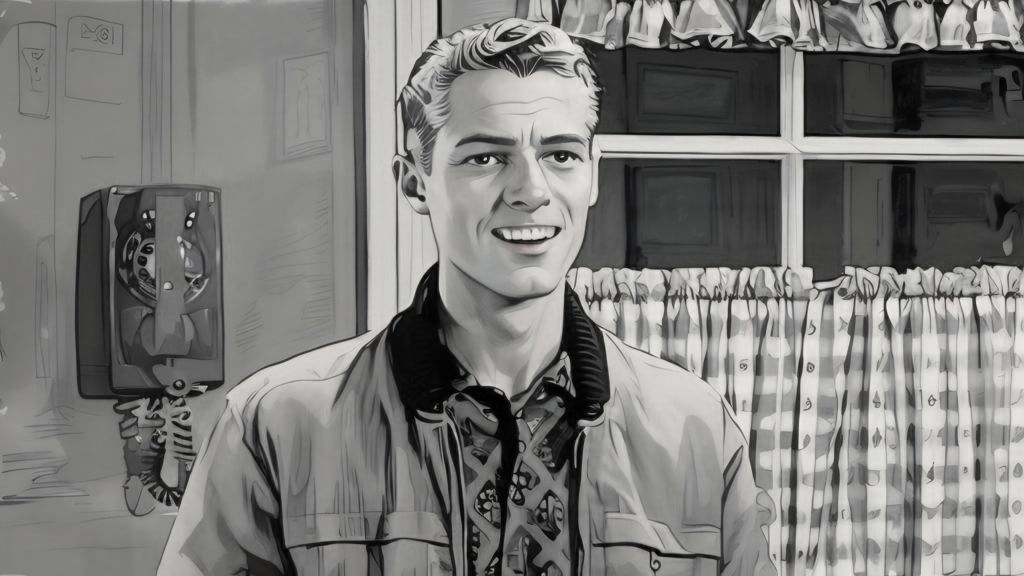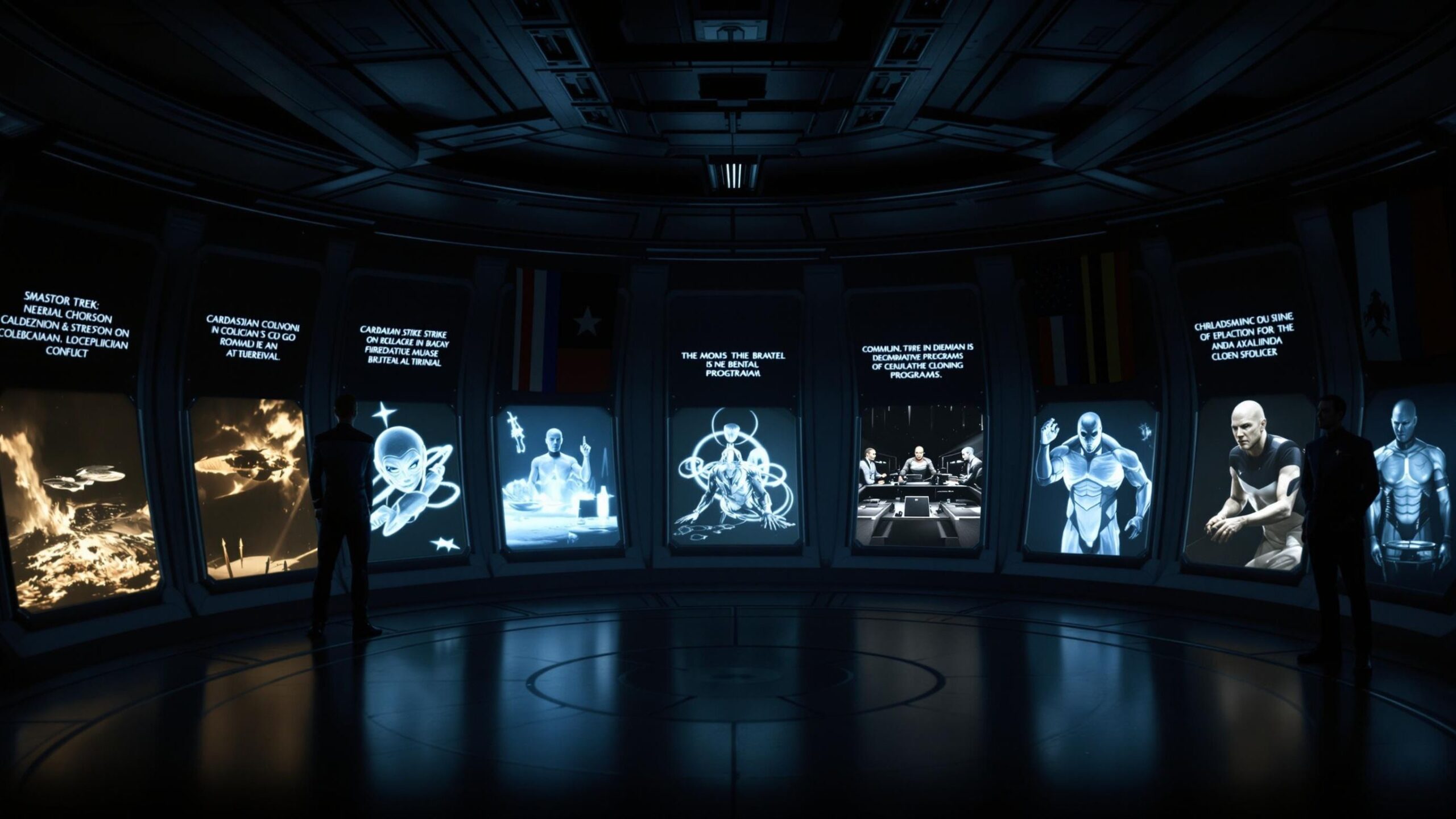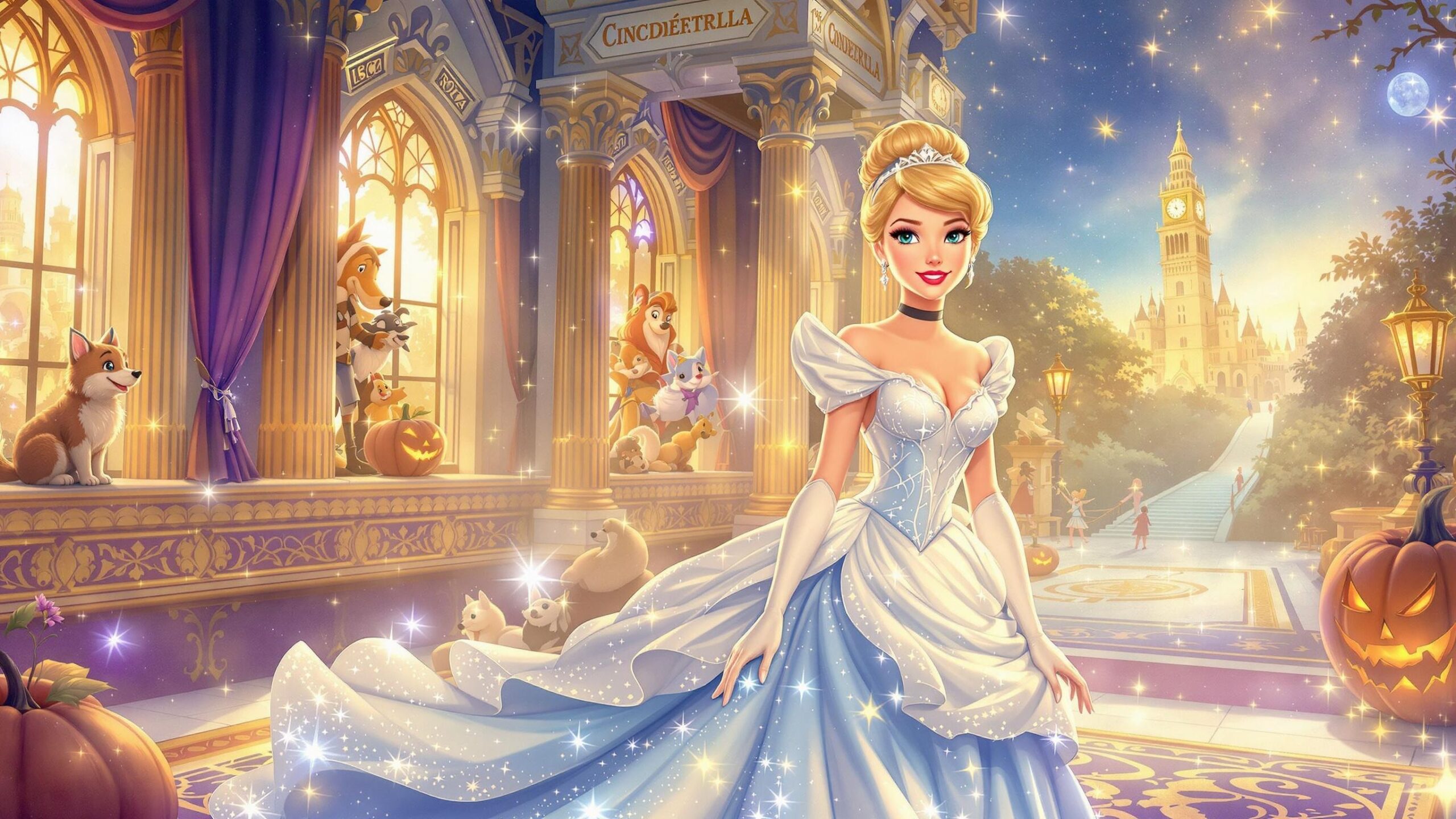Before there were sitcom sidekicks who talked too much, lied too smoothly, or complimented adults just a little too hard, there was Eddie Haskell—the charmingly fake, hilariously conniving friend from Leave It to Beaver. Played with iconic smarm by Ken Osmond, Eddie wasn’t just a supporting character—he was the blueprint for every snarky, silver-tongued sidekick that came after him. With his split personality of syrupy politeness around adults and sneaky mischief with his peers, Eddie added a jolt of humor to every episode he was in. What made Eddie Haskell so funny wasn’t just what he said—it was how he said it. He could turn a simple compliment into a suspicious scheme, all while maintaining perfect posture and a smile that screamed “Don’t trust me.” Whether he was trying to pull one over on June Cleaver or convincing Wally and the Beav to do something clearly dumb, Eddie was always performing—sometimes to hilarious results. His antics captured the awkward charm of teenage rebellion wrapped in a suit jacket and slicked-back hair. These top 10 funniest moments showcase Eddie Haskell at his most insincere, most ridiculous, and most outrageously entertaining. Because in the world of Leave It to Beaver, nobody stirred the pot with a grin quite like Eddie.
#10: “That’s a lovely dress, Mrs. Cleaver!”
Eddie Haskell’s trademark move was laying on the flattery so thick it could be spread on toast. One of his most iconic recurring gags was the overly formal, wildly insincere compliment: “That’s a lovely dress, Mrs. Cleaver!” It became his calling card. Delivered with a sugary smile and perfect diction, it always made June smile politely—even though she, and everyone watching, could smell the phoniness from a mile away.
The hilarity came from the fact that Eddie never changed his tactic. No matter how many times he said it, or how obviously he’d just been up to something shady with Wally or Beaver, he’d breeze into the house like a gentleman-in-training and drop the same line. It was the perfect contrast between how he wanted to appear (polished, respectful) and who he really was (a total rascal).
In one classic scene, he says it right after nearly getting the boys in trouble, trying to cover his tracks with compliments and an exaggerated bow. It’s so over-the-top that even June can’t help but roll her eyes a little. But Eddie is unfazed. That’s what made the moment funny—he fully committed to the performance every single time. You knew it was fake. He knew it was fake. And that’s what made it pure comedic gold.
#9: Eddie Blames Beaver… for Everything
Eddie Haskell was the king of deflection, and nobody caught the blame more often than poor Beaver. Whether the boys broke a lamp, got caught sneaking out, or messed up a school project, Eddie had a signature move: look completely innocent and say, “Gee, Mr. Cleaver, I told Beaver not to do it…” before launching into a wild explanation of how he was just an innocent bystander.
One of the funniest examples came when Eddie and Beaver were supposed to clean the garage and ended up covering everything in soap bubbles from a failed “improvement plan.” When Ward walks in to survey the disaster, Eddie turns on the charm and delivers a speech worthy of an Oscar. He talks about “trying to be a good influence” and how he suggested they just sweep. It’s such an over-the-top lie that you almost admire the creativity.
Eddie’s ability to throw Beaver under the bus—while still managing to sound like he was doing it for Beaver’s own good—was nothing short of masterful. It made for some of the show’s most laugh-out-loud moments, especially when the adults played along just to see how far he’d take the story. And no matter how obvious the truth was, Eddie always acted like he was the victim of circumstance.
These moments perfectly captured the Eddie Haskell formula: start with fake concern, toss in a little guilt, and top it off with the world’s most insincere good intentions.
#8: Eddie “Helps” Wally with Dating Advice
If you ever needed the wrong advice about girls, Eddie Haskell was your guy. In one memorable episode, Wally is nervous about asking a girl to the school dance. Enter Eddie, self-proclaimed romance expert, ready to drop some “wisdom” that’s clearly destined for disaster. He tells Wally to act disinterested, be aloof, and never let her know he actually likes her. Basically, Eddie’s version of romance is a masterclass in what not to do.
Watching Wally try to follow through on Eddie’s advice is where the comedy kicks in. He ends up confusing the poor girl, embarrassing himself, and completely botching the invitation. Meanwhile, Eddie is in the background grinning like he’s just passed on the secrets of James Bond himself. When everything inevitably falls apart, Eddie shrugs and says something like, “Well, maybe she’s just not smart enough to appreciate subtlety.”
The genius of these moments is that Eddie always spoke with complete confidence. He believed his advice was flawless—even when it was based entirely on his own awkwardness and bravado. And Wally, bless his heart, often trusted him, even when he should’ve known better.
Eddie giving romantic guidance was comedy gold because it highlighted the ridiculous lengths teens would go to impress one another—and how badly it could backfire when they listened to the wrong person. Eddie wasn’t malicious—just hilariously misguided, which made it even funnier every time he opened his mouth about love.
#7: Eddie Gets “Caught” Being Nice
There’s nothing more suspicious than Eddie Haskell behaving well—at least to the people who know him. One of the funniest moments in the series came when Eddie genuinely tried to do something nice (or so it seemed). He offered to help Mrs. Cleaver carries groceries, held the door, and even complimented the dinner before anyone could say a word. June and Ward exchanged a glance—something’s up.
The comedy in this scene came from how everyone assumed Eddie had an angle. And to be fair, he usually did. As the evening unfolded, the truth came out: Eddie was buttering up the Cleavers because he needed help with a school paper he hadn’t even started. But what made it hilarious was watching him try to keep the act going even after being exposed.
The tension between what Eddie was doing (being unusually helpful) and how everyone reacted (with extreme skepticism) made the moment shine. It wasn’t just the jokes—it was the shared understanding between the audience and the Cleavers that Eddie could never just be genuinely good. His reputation was so strong that even acts of kindness looked like scams.
This scene was classic Eddie: overcompensating with charm, building suspicion, and then fumbling through an excuse once caught. It captured the double-edged comedy of his character—he wanted to be liked, but he just couldn’t help being sneaky.
#6: The Great “Borrowing” Incident
In one of the show’s most laugh-out-loud moments, Eddie convinces Wally to “borrow” his dad’s lawnmower without asking. According to Eddie, it’s not stealing—it’s borrowing with style. Of course, that style includes not telling anyone, running the mower out of gas halfway across town, and forgetting exactly where they left it. When Mr. Cleaver gets wind of it, Eddie launches into a completely fabricated tale about how they were “testing the efficiency” of suburban lawn equipment.
Eddie’s ability to spin a bad idea into a noble mission is what makes this moment so funny. He never breaks a sweat, even when every word of his story is clearly false. Watching Wally squirm and try to backtrack, while Eddie doubles down on the nonsense, is sitcom gold. The best part? Eddie ends the conversation with a line like, “Well, I guess that’s the last time I try to do a public service.”
It’s this kind of shameless rebranding of mischief as altruism that defined Eddie’s humor. He always saw himself as the hero of his own story—even if the plot made no sense. And the way he roped Wally into his antics, only to vanish when trouble hit, was both classic and hilariously predictable.
This scene was a masterclass in Eddie Haskell logic: break the rules, tell an unbelievable story, and act offended when nobody believes you. And somehow, it never stopped being funny.
#5: Eddie “Helps” Beaver With a School Project
When Beaver needed help with a simple school assignment, Eddie—against all better judgment—volunteered. Naturally, his version of help involved building a ridiculously elaborate volcano science project that involved real fire, too much vinegar, and way too little adult supervision. As Beaver proudly presented it to the class, the volcano exploded with a bang, covering the teacher and blackboard in gooey foam. Chaos erupted.
The comedic timing of the explosion was perfect, but what pushed the moment into unforgettable territory was Eddie’s response. When confronted about the disaster, he delivered one of his classic lines: “Well, I told him not to follow my instructions exactly.” It was peak Eddie—taking credit when things went well and assigning blame the second things blew up. Literally.
What made it extra funny was that Eddie was so convinced of his scientific brilliance. He referred to the project as “cutting edge,” throwing around terms like “volcanic calibration” and “fluid dynamics,” all while clearly having no idea what he was doing. The gap between his confidence and the actual result? Hilarious.
Eddie trying to play mentor always ended in disaster, and this moment showed just how spectacularly wrong things could go. It was a perfect blend of mischief, misplaced confidence, and comedy—a reminder that when Eddie Haskell offers to help, run the other way.
#4: Eddie’s Polite Tantrum
Only Eddie Haskell could throw a tantrum while still calling adults “sir” and “ma’am.” In a particularly memorable moment, Eddie gets banned from the Cleaver house for pulling yet another stunt—and he tries to argue his way out of it with the most ridiculously polite tirade in sitcom history. He insists that he’s misunderstood, drops about a dozen compliments, and then huffs out the door while saying, “Thank you for your time, Mrs. Cleaver!”
The humor here is layered: Eddie is clearly upset but refuses to break character. He’s angry, but he’s still trying to play the respectful young man. He can’t admit fault, but he also doesn’t want to lose access to cookies and home-cooked meals. So instead, he creates this bizarre hybrid of groveling and grandstanding that only Eddie could pull off.
It’s the tonal whiplash that makes it so funny. One second, he’s kissing up. The next, he’s throwing shade. Then he circles back with another compliment. The Cleavers, to their credit, just let him talk himself in circles until he gives up.
Watching Eddie try to talk his way back into favor—with a speech that’s equal parts apology and insult—is a perfect example of his comedic genius. It’s proof that sometimes the funniest thing a character can do… is try way too hard to stay in control.
#3: Eddie “Accidentally” Starts a Rumor
Eddie Haskell and gossip went together like trouble and teenagers. In one laugh-out-loud episode, Eddie casually mentions to Wally that one of their teachers might be getting fired—based solely on something he overheard and completely misunderstood. Within hours, the “news” spreads like wildfire through the school, leading to panic, confusion, and even a student petition to “save” the teacher… who, of course, isn’t going anywhere.
What makes the moment so funny is Eddie’s faux innocence when confronted. He claims he never intended to start a rumor and insists he only “shared a concern.” Watching him try to backpedal while still pretending to be a caring student is classic Eddie. “I was just worried about the faculty morale,” he says with a straight face—completely ignoring the chaos he’s caused.
The humor comes from Eddie’s ability to weaponize ambiguity. He plants just enough information to stir things up but never technically says anything he can be blamed for. When everything blows up, he plays dumb while maintaining that perfect Haskell smirk. And somehow, he always convinces Wally to be the one who talks to the principal.
This moment is a masterclass in the Eddie Haskell art of plausible deniability—spreading drama while acting like a model citizen. It’s hilariously devious, unmistakably Eddie, and one of the show’s best examples of why he was such an unforgettable character.
#2: Eddie’s “Apology” Letter
Eddie once found himself in hot water after pulling a prank that landed Wally in trouble. When the Cleavers demanded an apology, Eddie agreed—but, of course, he didn’t just say sorry. He wrote a letter. And like everything Eddie did, it was dripping with over-the-top politeness, pseudo-poetic phrasing, and just enough sarcasm to make June raise an eyebrow.
The letter began with something like “To the most noble and gracious Mr. and Mrs. Cleaver,” and ended with, “I assure you my future conduct will be a model of rectitude.” It was so ridiculous, so Eddie, that even Ward couldn’t keep a straight face reading it. And yet, technically, it was an apology.
What made this scene brilliant was how Eddie turned even a moment of repentance into a performance. He wasn’t trying to make amends—he was trying to dazzle his way out of trouble. And somehow, by the end, you kind of admired the effort. It was Shakespearean in its drama, delivered with the slyness of a kid who thought he was smarter than every adult in the room.
This moment captured everything funny about Eddie: his obsession with appearances, his love of big words, and his complete inability to just own up. The letter said “sorry,” but what it really screamed was “I’ll never change.” And honestly? We wouldn’t have it any other way.
#1: Eddie Gets Outsmarted by Beaver
For all his scheming, Eddie Haskell wasn’t invincible—and one of the funniest moments in the entire series came when Beaver, the youngest Cleaver, finally turned the tables. In this episode, Eddie tries one of his usual tricks, setting Beaver up to take the blame for a prank involving shaving cream, a mail slot, and a very startled mailman. But for once, Beaver catches on early and turns the tables by setting up a trap that ends with Eddie getting sprayed in the face.
The reveal is glorious. Eddie walks into the trap, smug as ever, only to end up splattered and humiliated. Beaver walks in afterward, casually eating an apple, and delivers a deadpan, “Gee, Eddie, maybe you shouldn’t have messed with me.” The audience roars. Wally cheers. And Eddie? He tries to recover with, “It was a science experiment gone wrong,” before slipping on a glob of foam and falling flat.
It’s the perfect payoff. After seasons of watching Eddie manipulate, flatter, and dodge responsibility, it’s satisfying and hysterical to see him outwitted by the very kid he underestimated. His exaggerated reactions, stunned silence, and defeated exit (while still trying to maintain his dignity) are some of Ken Osmond’s best comedic work.
This moment not only showed Eddie could be funny while failing—it showed that sometimes, but justice in sitcom land is also sweet, foamy, and absolutely earned.
Eddie Haskell wasn’t just a supporting character—he was Leave It to Beaver’s resident mischief maestro, delivering laughs with every smarmy compliment and barely-believable excuse. What made Eddie so timelessly funny wasn’t just what he did—it was how completely committed he was to his over-the-top politeness, even in the middle of pure chaos. He’d insult you with a grin, apologize with a thesaurus, and lie like it was his day job—all while holding the door open and complimenting your outfit.
From charming the Cleavers with sugary words to throwing Beaver under the bus with flair, Eddie’s antics gave the show a layer of sophisticated humor that’s still quoted and celebrated today. He was the original two-faced teen: polite to parents, a menace to peers, and comedy gold for viewers. These ten moments remind us why Eddie Haskell remains one of TV’s most hilariously complex characters—and why his brand of mischief will never go out of style.




